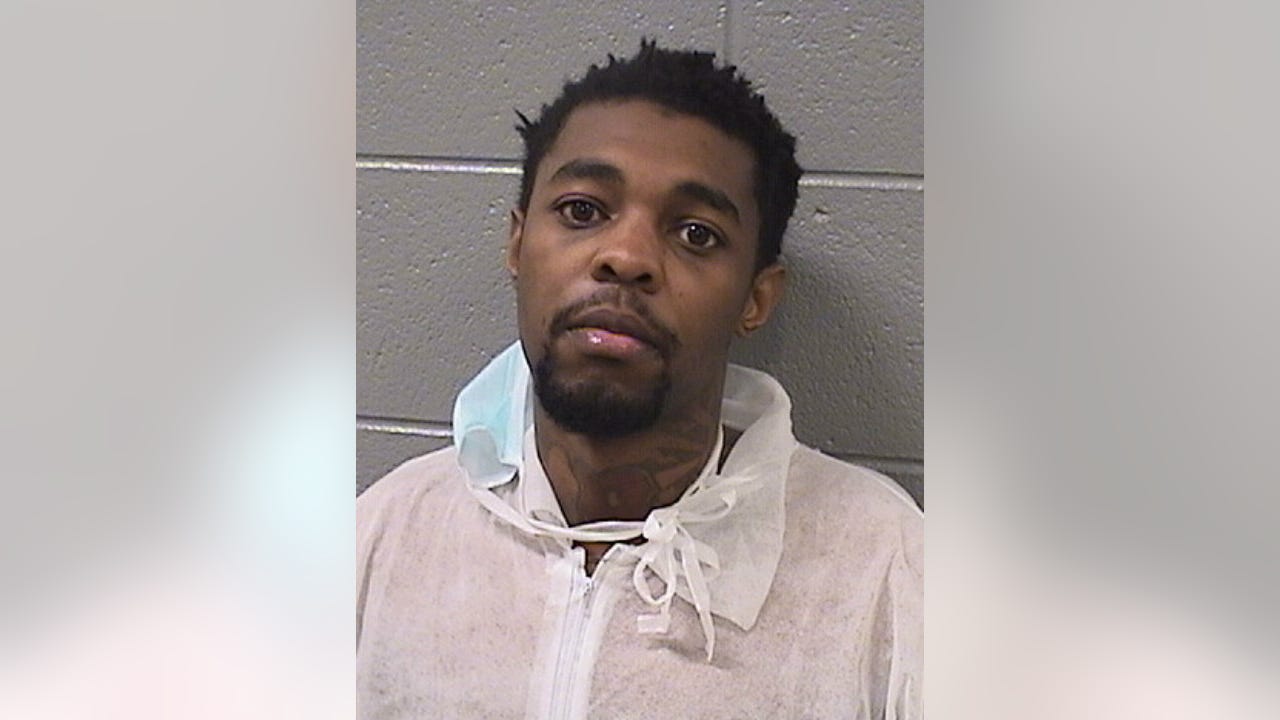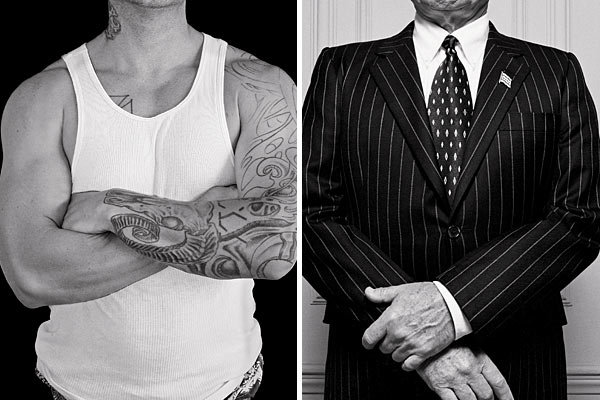2aguy
Diamond Member
- Jul 19, 2014
- 111,981
- 52,264
- 2,290
The direct link between the democrat party and gun crime....the Chicago edition:

 www.fox32chicago.com
www.fox32chicago.com
A man on house arrest for carrying a gun without a license allegedly shot and killed a 15-year-old boy who lived across the street from his Lawndale home, Cook County prosecutors say.
Dequawn Little, 21, was allegedly close enough to his electronic monitoring box, located in the dining room of the house, that he didn’t trigger a violation, according to a bond proffer prepared by the Cook County state’s attorney’s office.
Little faces a count of first-degree murder in an April 8 shooting of Demetrius Hardy, prosecutors said.
----
At the time of the shooting, Little was on electronic home monitoring for a December 2019 charge of carrying a loaded gun without a Firearm Owners Identification card, court records show. He has pleaded not guilty in that case

Man on house arrest for gun offense shoots, kills teen from outside his home: prosecutors
A man on house arrest for carrying a gun without a license allegedly shot and killed a 15-year-old boy who lived across the street from his Lawndale home, Cook County prosecutors say.
A man on house arrest for carrying a gun without a license allegedly shot and killed a 15-year-old boy who lived across the street from his Lawndale home, Cook County prosecutors say.
Dequawn Little, 21, was allegedly close enough to his electronic monitoring box, located in the dining room of the house, that he didn’t trigger a violation, according to a bond proffer prepared by the Cook County state’s attorney’s office.
Little faces a count of first-degree murder in an April 8 shooting of Demetrius Hardy, prosecutors said.
----
At the time of the shooting, Little was on electronic home monitoring for a December 2019 charge of carrying a loaded gun without a Firearm Owners Identification card, court records show. He has pleaded not guilty in that case

